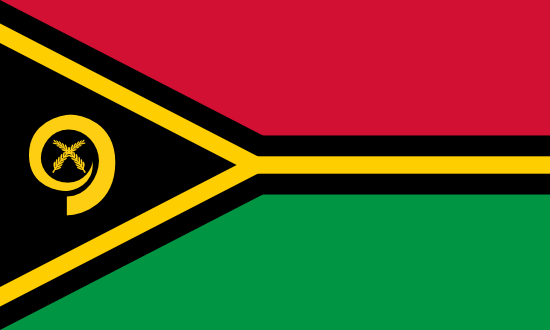
Health Insurance in Vanuatu, Oceania
Information expatriation
Capital City: Port Vila
Total area: 12,189 km2
Population: 226,000
Money: Currency Converter
Time Zone: List of time zones by country
Calling Code: +678 XXX
Practical Information:
Health Product: Travel Insurance and Health insurance
Health Insurance information and Sanitary Risk: World Health Map
BLOG: Expat Health insurance Information
Here is a brief description of the healthcare system in the country:
· Vanuatu has a public healthcare system intended to provide universal access to its population of around 300,000 people spread across 80+ islands.
· It is part of the Ministry of Health and funded through general taxation revenues as well as development partner support.
· Care is delivered through a network of provincial hospitals, rural nursing centers, health centers, and aid posts staffed by nurses.
· Services focus on maternal and child health, communicable diseases, nutrition, sanitation and basic primary care needs.
· Resources are very limited due to a small budget, geographic isolation of islands and lack of infrastructure.
· Referrals for complex treatments or emergency care are sent overseas usually to Fiji, Australia or New Zealand via air evacuation.
· The system faces serious challenges in coordinating services, recruiting health workers, and responding to disasters or outbreaks.
· Non-communicable diseases, injuries, and malnutrition are growing problems exacerbated by social determinants of health.
· While aimed at universal coverage, access to consistent, quality care remains elusive for remote island communities.
· International aid supports certain programs and periodic system assessments to assist the ministry of health.
Here are some key health considerations for expatriates living in the country:
· Purchase comprehensive international medical evacuation insurance before arrival as domestic coverage is very limited.
· Ensure all routine vaccinations are up-to-date including hepatitis A/B, typhoid, influenza, and consider others like rabies depending on travel history.
· Mosquito-borne illnesses are present risks - use nets, repellent, and protective clothing to avoid dengue, Zika, etc.
· Only consume bottled or purified water and cook foods thoroughly as dysentery can be common.
· Medical facilities have minimal capabilities - be prepared to be medically evacuated for even minor issues.
· Bring adequate supplies of any prescription medications plus copies of valid prescriptions.
· Heat, humidity, and ocean environment present injury/drowning hazards - exercise caution.
· Isolation on islands can impact mental well-being - engage socially and use available communications.
· Register with international clinics/providers upon arrival to help facilitate care if needed.
· Consider insurance for medical evacuation from seaplanes or boats if traveling between remote islands.
· Natural disasters are risks - have emergency plans and supplies ready at all times.
